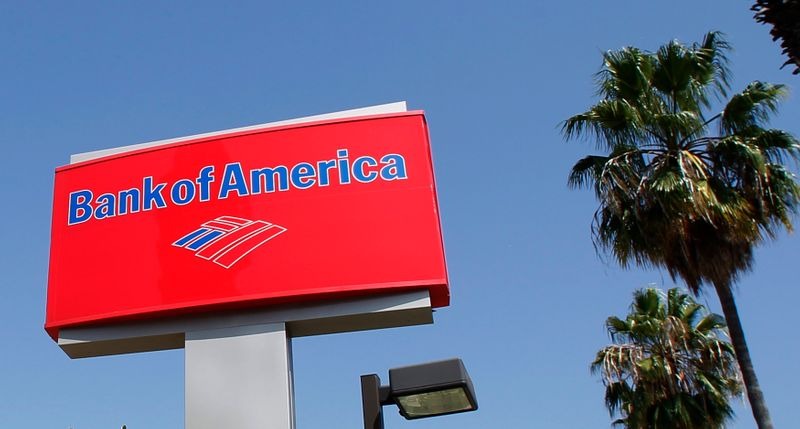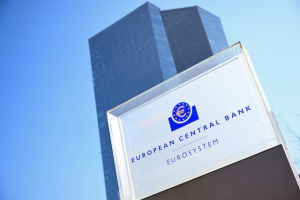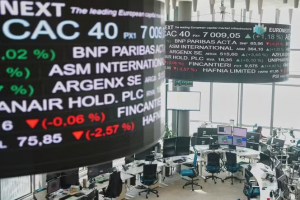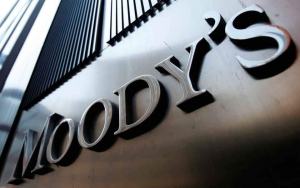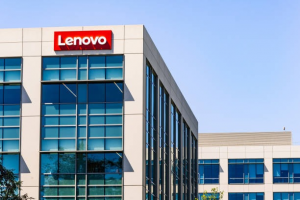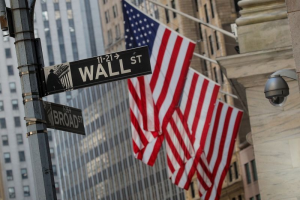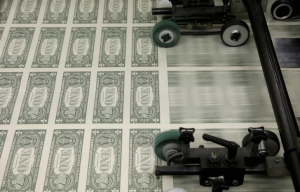European tech companies face mounting risks from China’s accelerating push for self-sufficiency, according to a new note from Bank of America on Wednesday.
With China accounting for 29% of global semiconductor sales in 2024, Beijing’s “Made in China 2025” policy poses growing challenges for European IT hardware players, according to BofA.
“We analyse the risk of a complete decoupling from China,” BofA analysts wrote, warning that European companies with significant exposure to China could face sharp earnings and valuation pressures.
BofA’s scenario analysis found that Aixtron (ETR:AIXGn) is “most at risk,” while Ericsson (BS:ERICAs) is “least at risk” in the event of a full China decoupling.
Companies like AMS (VIE:AMS2), WAF, BESI, Infineon (OTC:IFNNY), and Nokia (HE:NOKIA) still trade at multiples that suggest the market has “not priced in the risk fully,” the bank said.
“WAF and AMS have both a large exposure to China and high proportion of products at risk of substitution by China,” BofA said, noting potential for further derating.
Meanwhile, ASMI and BESI, despite being buys, could also see notable earnings hits. BofA said the “companies with the highest EPS impacts would be AIXA, BESI, and ASMI.”
A second risk is said to come from potential export restrictions on semiconductor equipment.
While BofA said a “full DUV immersion ban is unlikely,” they believe a worst-case scenario would leave ASML (AS:ASML) and ASM trading well below historical valuation averages, implying the “market might be too pessimistic.”
3rd party Ad. Not an offer or recommendation by Investing.com. See disclosure here or remove ads. However, some companies are seen as better positioned. “China for China” strategies, where European firms manufacture locally for the Chinese market, could mitigate risk.
“This is supportive of companies, such as IFX and STM,” BofA wrote, adding that IFX is less exposed than STM to share loss in China’s analog and MCU segments.

